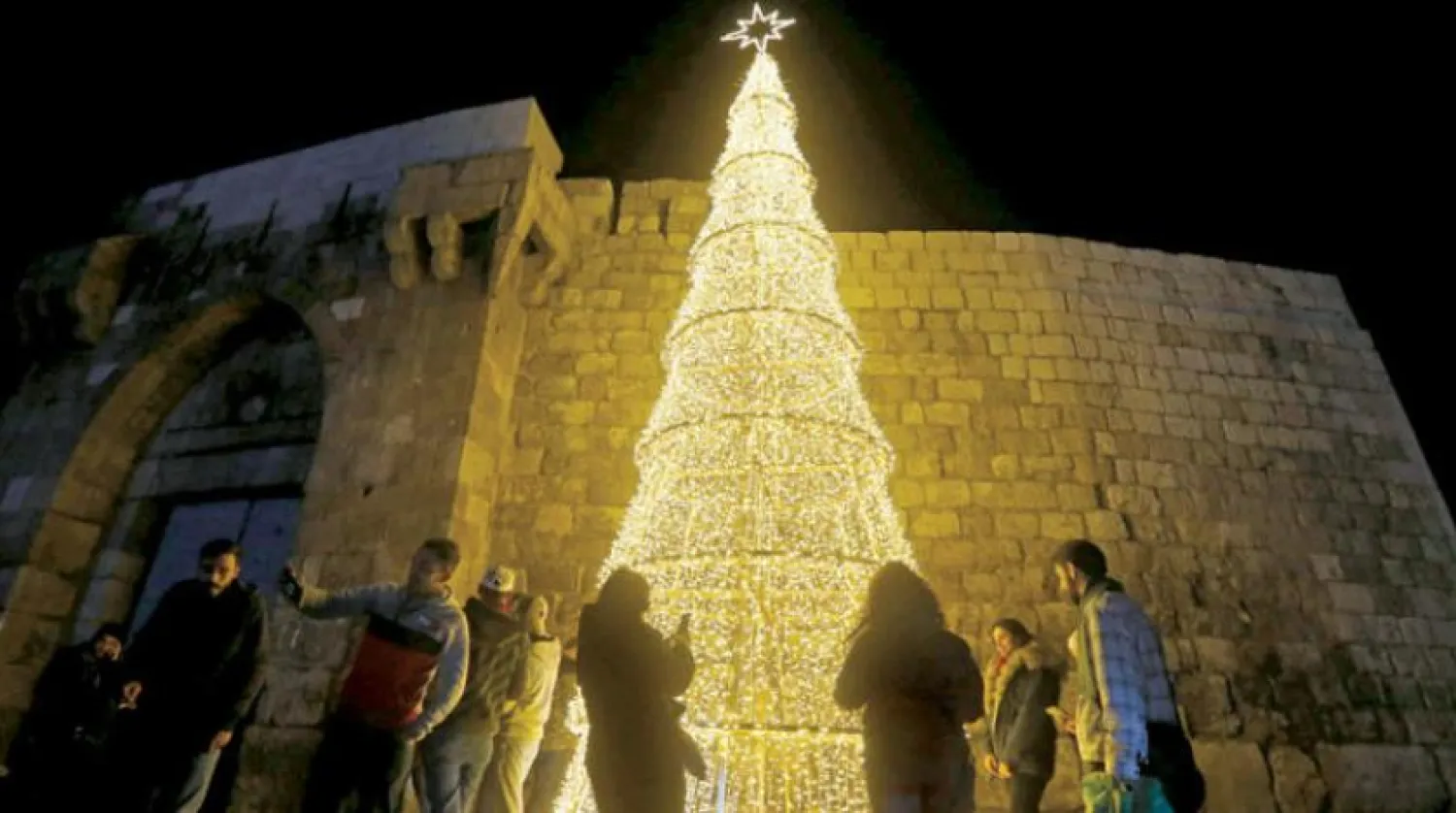Jordan's parliament Speaker Abdul Karim al-Daghmi called for Syria to be fully reinstated to the Arab League during the upcoming summit in Algeria.
"We, as the Arab Parliament, must put pressure on our governments and ask our leaders to green-light Syria's return to the Arab League when next summit convenes in Algeria, and to allow its delegation to participate in the Arab Parliament sessions as well," Daghmi said during a press conference on the sidelines of a session of the Arab Parliament in Amman on Thursday.
The next Arab summit is scheduled to be hel in Algeria in March.
"It is now high time for Syria to return to its Arab origins and rejoin the Arab League," said Daghmi, adding: "We must build on victories achieved by our brethren in Syria and Iraq over terrorist groups, step up our efforts in support of the unity, and security and stability of our nations as well as the territorial integrity of our countries."
In October, Jordan's King Abdullah II received a call from Syrian President Bashar al-Assad, the first conversation between the two leaders since the war erupted in Syria.
Observers believe the phone call signals the beginning of the end of Damascus' diplomatic isolation with Arab states.
Jordanian authorities recently reopened the Jaber-Nassib border crossing with Syria for travelers and cargo after about two months of its closure due to a limited military escalation in Syria's southern Daraa governorate.
Arab countries have been slowly restoring relations with Syria in recent years years.
The UAE has been at the forefront of efforts by some Arab states to normalize ties with Damascus and earlier this year called for Syria to be readmitted to the Arab League. After seven years of diplomatic estrangement, it reopened its embassy in Damascus in 2018.
The UAE's foreign minister confirmed months ago that Syria's return to the Arab League is in its interest and the interest of other countries in the region.
The Arab League suspended Syria's membership after the outbreak of the war in 2011. Several Arab states cut ties with Damascus, including the UAE, while others, including Jordan, maintained limited relations, except Oman.
Syria has denounced the move as "illegal and a violation of the organization's charter."









